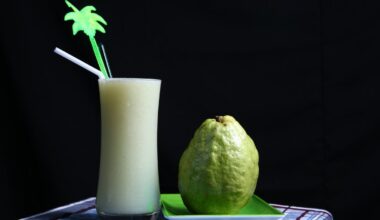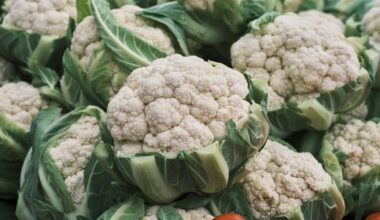The coconut, a staple in tropical landscapes and a versatile ingredient in cuisines worldwide, is more than just a tasty treat. Cocos nucifera, the scientific name for the coconut palm, has been dubbed the “tree of life” for its myriad uses and health benefits. In this exploration, we uncover ten intriguing facts about this extraordinary fruit that extends beyond its delicious taste.
Botanical Marvel
The coconut palm, belonging to the Arecaceae family, is a tropical wonder. Native to the coastal areas of Southeast Asia, it has adapted to diverse environments, thriving in sandy soils and withstanding the salty winds of coastal regions. This hardy plant can grow up to 100 feet tall, with large palm fronds and a sturdy trunk supporting its cluster of coconuts.
Versatile Nut
Contrary to its name, the coconut is not a true nut but rather a drupe – a fruit with a hard, woody layer surrounding the seed. The coconut’s outer husk protects the inner seed, commonly known as the coconut meat or copra. This layer, along with the coconut’s versatility, has contributed to its widespread use in various cultures for centuries.
Water Reservoir
Coconut water, the clear liquid found inside young green coconuts, is nature’s electrolyte-rich sports drink. Not only is it low in calories, but it also replenishes essential minerals like potassium, sodium, and magnesium. Its natural hydrating properties have made it a popular beverage, particularly in tropical regions, and an excellent alternative to traditional sports drinks.
Liquid Gold – Coconut Oil
Extracted from the copra, coconut oil has gained global acclaim for its diverse applications. Whether used in cooking, skincare, or hair care, coconut oil’s unique composition of fatty acids provides a range of health benefits. From boosting heart health to promoting shiny hair, the uses of this liquid gold are as varied as the coconut itself.
Culinary Marvel
The coconut’s culinary contributions are not limited to its oil. Coconut milk, a creamy liquid extracted from grated coconut, is a staple in many Asian and tropical cuisines. It adds richness to curries, soups, and desserts, offering a unique flavor profile. Additionally, shredded coconut, both sweetened and unsweetened, is a common ingredient in baked goods and desserts, imparting a delightful tropical twist.

Sustainable Living
Coconut trees are environmentally friendly, promoting sustainable living. These trees require minimal maintenance, and every part of the coconut palm is used – from the leaves and trunk in construction to the husk and shell for fuel. This eco-friendly aspect of coconut cultivation aligns with the global push for sustainable practices and reducing environmental impact.
Traditional Medicine
In traditional medicine, various parts of the coconut have been used for their therapeutic properties. From treating wounds with coconut oil to using coconut water as a rehydration solution, this versatile fruit has played a vital role in folk medicine for generations. Its natural anti-inflammatory and antimicrobial properties make it a go-to remedy in many cultures.
Biodiversity Hub
Coconut palms are not just solitary trees; they create thriving ecosystems. These palms provide habitat and sustenance for a variety of wildlife, including birds, insects, and small mammals. The presence of coconut trees contributes to the biodiversity of tropical regions, showcasing the interconnectedness of nature.
Economic Importance
The coconut industry holds significant economic importance for many countries. Beyond the export of coconuts and coconut products, coconut cultivation provides employment opportunities for local communities. From harvesting coconuts to processing coconut oil, the coconut industry supports livelihoods and economies in tropical regions.
Global Symbol of Paradise
Last but not least, the coconut is a global symbol of paradise. Whether depicted in travel brochures or featured in tropical-themed advertisements, the image of a coconut palm with its characteristic cluster of coconuts instantly evokes thoughts of sandy beaches, clear blue waters, and a relaxing tropical escape.
From its botanical marvels to its culinary and medicinal uses, the coconut is a true gift of nature. As we delve into its many facets, it becomes clear that the coconut is more than just a tropical treat; it is a multifaceted resource with cultural, economic, and ecological significance. Embracing the coconut’s versatility is not just a culinary choice but a celebration of nature’s ingenuity.










